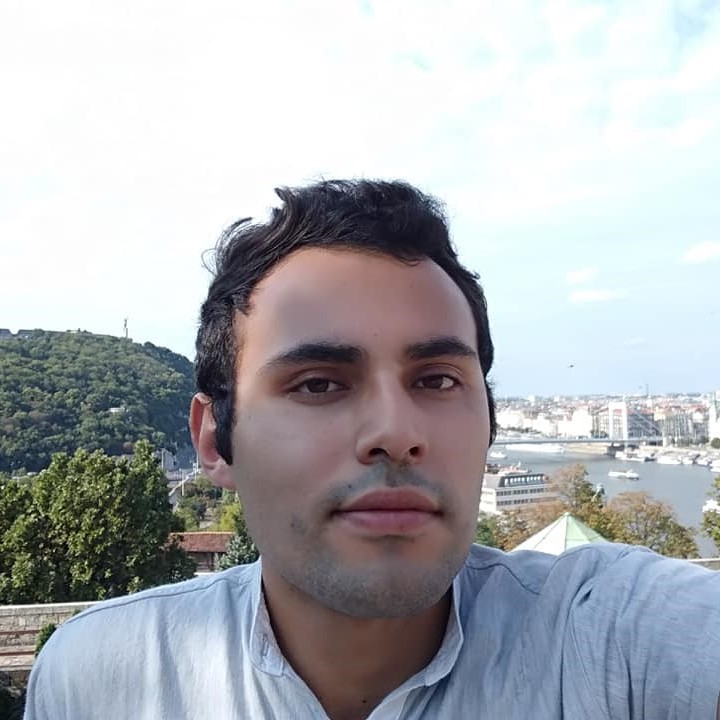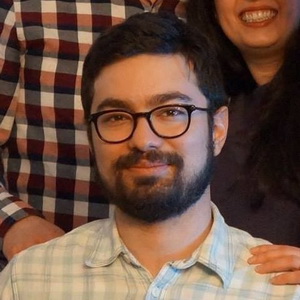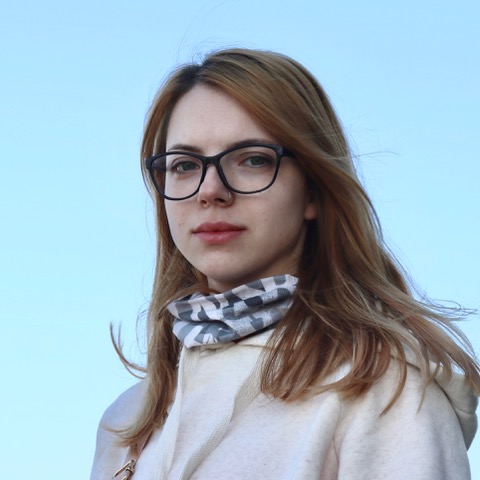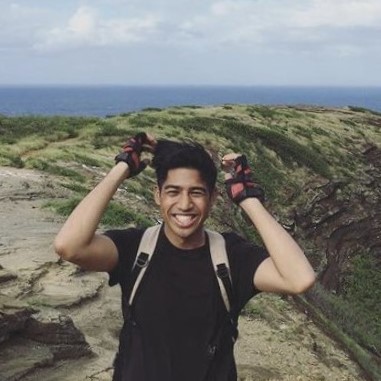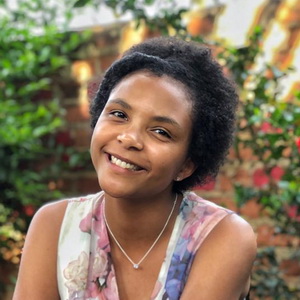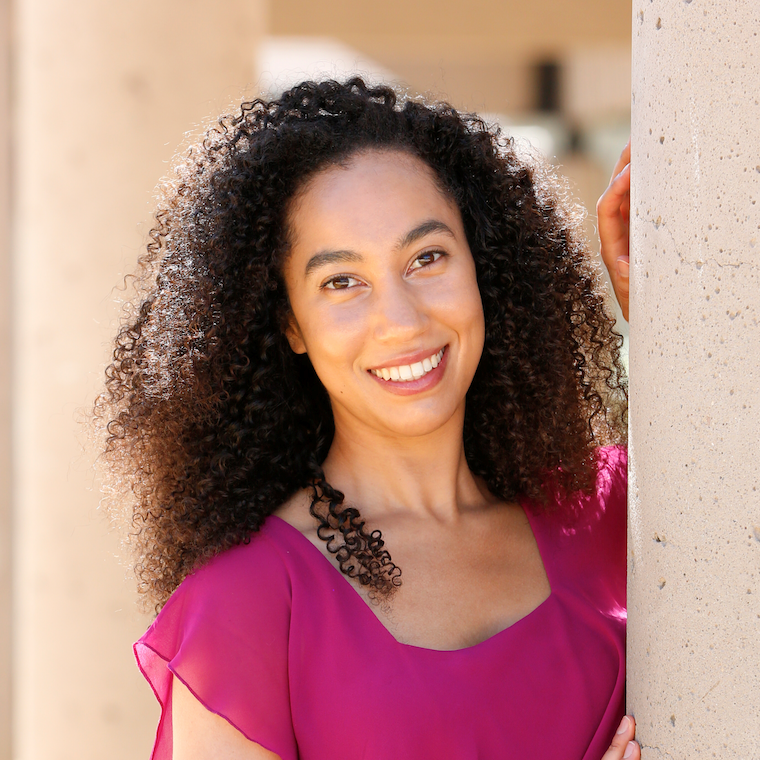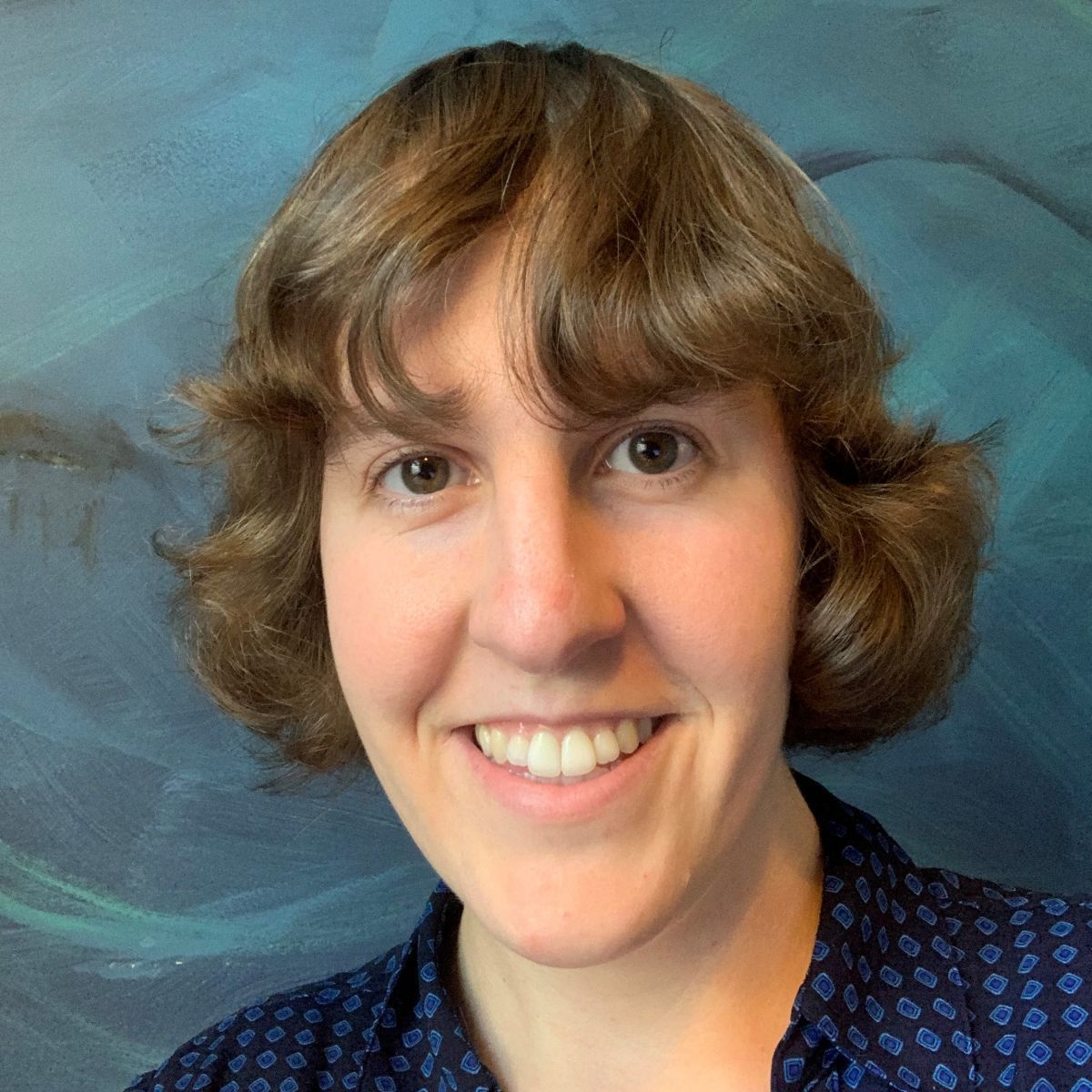Recycling in Bogota und Moskau: eine unerkannte Notwendigkeit
Bei uns zu Hause sehen wir Recycling nicht nur als eine Notwendigkeit für unsere Gesellschaft, sondern auch als eine Möglichkeit unser Brot zu verdienen, denn in vielen Ländern wie Kolumbien ist das Leben immer noch prekär. In dieser stark klassenorientierten Gesellschaft fehlt das Verständnis für Leute wie meine Eltern die das primäre Glied der produktiven Kette, das Recycling oder die Abfallsammlung ausmachen, doch für viele ein Symbol der Armut darstellen.
Colombia, South America
Eine Geschichte von Juan Manuel David Rodriguez. Übersetzt von Veronica Burgstaller
Veröffentlicht am February 23, 2020.
Diese Geschichte ist auch verfügbar in 




Während meiner Zeit ich in dieser riesigen und schönen Stadt von Moskau, habe ich mir oft Gedanken darüber gemacht, ob sich die Moskauer jemals die Frage gestellt haben, was mit ihren Abfällen passiert, nachdem sie in die Müllcontainer geworfen wurden? Wohin werden sie gebracht? Werden sie in irgendeiner Weise behandelt? Diese Fragen gingen mir schon immer durch den Kopf, wahrscheinlich wegen meiner persönlichen Erfahrung. Meine Eltern leben in Bogotá und betreiben eine kleine Firma, die Plastikabfälle behandelt, indem sie sie zu Rohstoffen umwandelt.
Bei uns zu Hause sehen wir Recycling nicht nur als eine Notwendigkeit für unsere Gesellschaft, sondern auch als eine Möglichkeit unser Brot zu verdienen, denn in vielen Ländern wie Kolumbien ist das Leben immer noch prekär. In dieser stark klassenorientierten Gesellschaft fehlt das Verständnis für Leute wie meine Eltern die das primäre Glied der produktiven Kette, das Recycling oder die Abfallsammlung ausmachen, doch für viele ein Symbol der Armut darstellen.
Viele Leute denken dass Müll ganz einfach nur Müll ist. Wegen dieses mangelnden Verständniss wurde die Wichtigkeit von Recycling nie richtig angesehen. Die Tatsache ist, dass das Konzept Recycling unterschiedliche Bedeutungen haben kann, aber diese oft missverstanden werden. Das hat leider zur Apathie vieler Menschen zu den Themen Recycling und Wiederverwendung geführt. Diese Einstellung hat sich im Laufe der Zeit und des Umdenkens der neuen Generationen geändert. Es wird heute nun verstanden, dass Recycling und Wiederverwendung eine Angelegenheit der individuellen und der kollektiven Verantwortung ist, die die Verschmutzung der Umwelt reduziert, den Klimawandel bekämpft und uns erlaubt, in Richtung einer nachhaltigeren und zukunftsfähigen Gesellschaft zu bewegen.
Das Umweltbewusstsein der Gesellschaft ist in diesem Bereich noch sehr schwach ausgeprägt, und ich sage das aus meiner persönlichen Erfahrung, da ich die Gelegenheit hatte, in zwei großen Metropolen zu leben - Bogotá und Moskau. So verschieden voneinander, wie man es sich vorstellen kann, leiden sie unter ähnlichen Problemen der Überbevölkerung und des schlechten Managements der Behandlung der von ihnen erzeugten Abfällen. Die Zahlen sind nicht ermutigend. Bogotá, zum Beispiel, mit 7. 2 Millionen Einwohnern (Volkszählung, 2018), erzeugt durchschnittlich 6.500 Tonnen feste Abfälle pro Tag, davon werden nur 15 % [1] wiederverwertet und was soll man über Moskau sagen, eine große Quelle des Konsums, mit mehr als 12,5 Millionen Menschen (fast 20 Millionen betrachtet seine Metropolregion), die 21.917 Tonnen Abfall pro Tag erzeugen, von denen nur 8 % [2] wiederverwertet werden.
Mein Rat an alle ist, unsere täglichen Gewohnheiten und unseren Konsum grundlegend zu ändern. Recyceln ist eine individuelle Aktion, die eine große globale Wirkung hat, wenn sie repliziert wird. Man sollte sich selbst nicht fragen, warum ich recyceln muss, wenn mein Nachbar, Freund oder eine andere Person es nicht tut. Im Gegenteil, man sollte der Beginn sein, mehr zu recyceln, um denen, die es nicht tun, zu zeigen, wie wertvoll das Recycling für die Zukunft aller ist.
Fußnoten
[1] RCN, «https://www.rcnradio.com/,» [Online]. Available: https://www.rcnradio.com/bogota/bogota-solo-recicla-diariamente-el-15-de-las-basuras. [Accessed: December 2019].
[2] E. Mereminskaya, «vedomosti.ru,» [Online]. Available: https://www.vedomosti.ru/economics/articles/2019/07/30/807668-moskva-razdelyat. [Accessed: December 2019].
[3] I. Golunov, «takiedela.ru,» 16 Junio 2019. [Online]. Available: https://takiedela.ru/2019/06/shest-millionov-tonn-musora/. [Accessed: December 2019].
Was macht diese Geschichte mit dir?
Follow-up
Do you have any questions after reading this story? Do you want to follow-up on what you've just read? Get in touch with our team to learn more! Send an email to [email protected].
Unterhalte Dich über diese Geschichte
Please enable cookies to view the comments powered by Disqus.
Subscribe
Melde Dich an für unseren monatlichen Newsletter und bleibe up-to-date mit neuen Geschichten auf Correspondents of the World.
Mehr Geschichten auf Deutsch
Tags
Erkunde andere Themen
Mach mit
At Correspondents of the World, we want to contribute to a better understanding of one another in a world that seems to get smaller by the day - but somehow neglects to bring people closer together as well. We think that one of the most frequent reasons for misunderstanding and unnecessarily heated debates is that we don't really understand how each of us is affected differently by global issues.
Unser Ziel ist es, dies zu verbessern - und zwar mit jeder Geschichte, die wir teilen.
Community Weltweit
Correspondents of the World is not just this website, but also a great community of people from all over the world. While face-to-face meetings are difficult at the moment, our Facebook Community Group is THE place to be to meet other people invested in Correspondents of the World. We are currently running a series of online-tea talks to get to know each other better.











